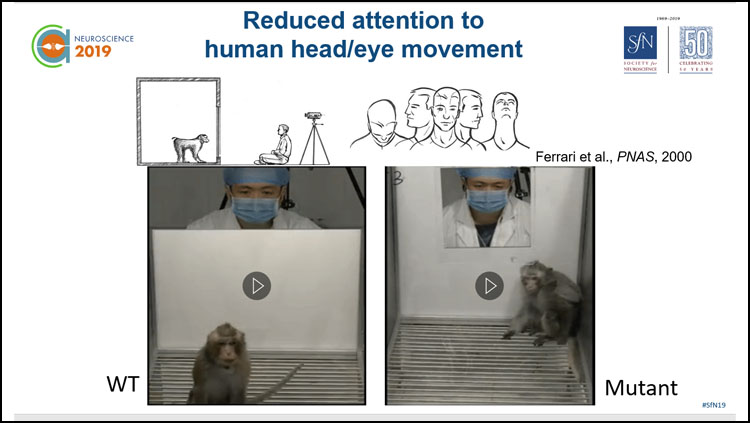Reimagined Virtual Poster Sessions Drives Neuroscience 2021
New group discussions ensure engagement, networking for poster presenters.
Neuroscience 2021 is adopting a new hybrid meeting format that features a reimagined virtual poster experience. The world's premier neuroscience meeting begins with the opportunity to engage virtually with abstract authors and presenters November 8–11. The meeting experience shifts to in-person exchange November 13–16 in Chicago, Illinois at the McCormick Place Convention Center. Abstract submission for Neuroscience 2021 opens July 6 and closes July 15. All poster presentations, panels, and lectures will take place virtually, regardless of planned in-person attendance. The virtual platform will open for a poster, minisymposium, and symposium preview November 3.
"For Neuroscience 2021, we want to ensure that all abstract authors enjoy vibrant conversations about their work, as well as opportunities to network with peers in their field and the meeting's broader participants. The group discussion format, which gathers sessioned groups of poster presenters into a virtual meeting room, seeks to achieve these goals."Abstract submitters will enjoy three significant improvements in their virtual session designed to ensure discussion with meeting attendees and other presenters. First, presenters will provide a PDF slide deck of their poster's content. The slide deck will contain all the traditional information found in a printed poster but displayed in a digital-friendly format. Second, poster presenters will also provide a five-minute audio or video recording. The recording is designed to replicate he brief verbal summary presenters use to attract passing attendees in an in-person poster hall. Finally, presenters will have a one-hour opportunity to meet, discuss, and network virtually with the 7–10 other poster presenters in their assigned session in a live, interactive virtual group poster discussion. During these group discussions, meeting attendees will also be able to attend or drop in to listen and ask questions.
"We learned a lot from the virtual poster experience during SfN's Global Connectome: A Virtual Event in January," said 2020–2021 SfN Program Chair Sheena Josselyn. "For Neuroscience 2021, we want to ensure that all abstract authors enjoy vibrant conversations about their work, as well as opportunities to network with peers in their field and the meeting's broader participants. The group discussion format, which gathers sessioned groups of poster presenters into a virtual meeting room, seeks to achieve these goals."
Other features of the virtual poster experience include the ability for meeting attendees to leave questions for authors during the annual meeting and up to two weeks afterward. Presenters can also observe how many times their poster has been viewed.
Complementing this new online experience is the opportunity to participate in SfN's traditional in-person poster hall in Chicago for those able to travel.























